Slack Fight: Could tablets ever replace notebooks?
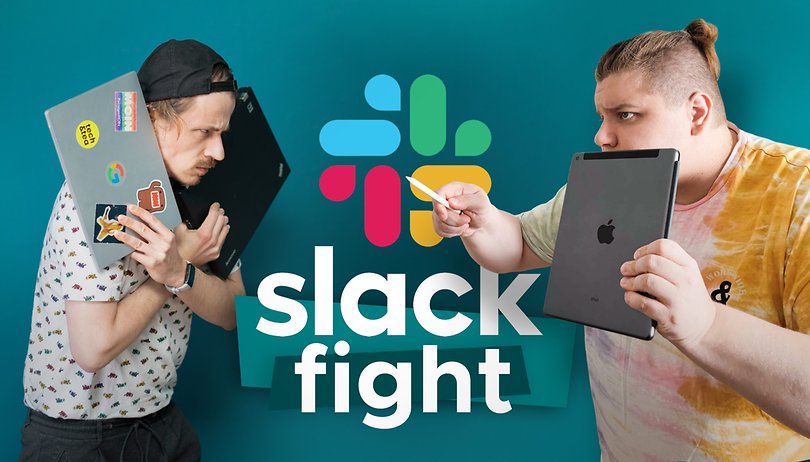

Apple's new 2021 iPad Pro is equipped with the very powerful M1 processor which, theoretically speaking, is capable of delivering MacBook-level performance. It was, therefore, no surprise that forever foes Antoine and Ben duked it out in the latest Slack Fight as to whether tablets have finally reached a level where their performance and usability is on par with notebooks. As usual, we also value your opinion on this topic.
It was obvious from the beginning that Apple will eventually equip its tablets with the new M1 processor. Apple revealed the latest version of its tablet during its Spring Loaded keynote event that happened earlier this month.
Naturally, the question of whether tablets are now a viable alternative to notebooks began to make its rounds among the NextPit editorial team during the keynote. Antoine and I (Ben) almost broke out in digital fisticuffs over the company Slack chat, and this has led to the birth of yet another edition of Slack Fight. Have fun, and please take every opportunity to vote and share your opinion on this matter.
What are you waiting for? Let's go!
Round 1: The problem with the operating system
Antoine: Hey, I can’t wait to finally get rid of my notebook now that the iPad Pro runs on the M1 SoC. There are ALMOST ZERO downgrades compared to MacBooks or Windows-powered notebooks in terms of performance, while sporting all the advantages of a tablet.
Ben: I know you, Antoine. As a longtime Apple fanboy, you think that the M1 SoC automatically elevates the iPad Pro as the best notebook alternative. Perhaps you might want to take off your rose-tinted glasses and realize the biggest impediment is not its hardware but software: Apple relies on its iPad OS, which is a good but limited mobile OS.
Compatibility with third-party software still remains rather limited, as all apps must be installed via the Apple App Store or through the Enterprise Program. Not only that, seeing how you can use browser apps and not the full desktop browser, there is no guarantee that it will be compatible with certain systems, including NextPit's CMS. It would have been far better for Apple to have the iPad Pro run on MacOS because of the M1 SoC, but doing so would detract the entire point of introducing a tablet.
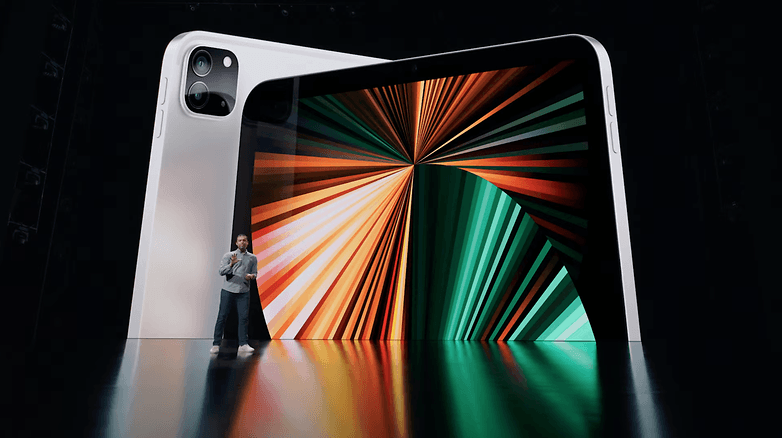
The fact that Apple doesn't just optimize macOS for touch controls and offer the operating system on the iPad Pro 2021 is just plain stupid. This is especially difficult to comprehend considering iPad and iPhone apps can still be used courtesy of the chip architecture. As The Verge had put it aptly: put macOS on the iPad, you cowards!
Antoine: Let me straighten something out: I'm not an Apple fanboy, and I don't even use an iPad for work but a good old Windows-powered notebook. And I forbid you to spread fake news just like you do every single time you talk about an Oppo device.
But we're talking about notebooks here. And I could, theoretically speaking, if I didn't use a notebook, rely on my entry-level iPad 2019 to edit articles in our CMS, and lay the smackdown on you in Slack Fights without having to break a sweat.
IMHO, comparing iPad OS to iOS by treating it as basic mobile software is a bit unfair. Sure, it's not MacOS. But still, the productivity features when it comes to multitasking and note-taking are way beyond what things were in 2019. In fact, I'd dare venture that it is even more advanced than Samsung's OneUI of today!
This argument would only be viable if our Slack Fight was about whether the iPad can be an iMac replacement or not. But in terms of the iPad being a notebook replacement, I think that it is a moot point.
I'm not recommending you to buy my €349 iPad 2019 while claiming that it will perform better than your €1,500 Dell XPS 13. All I'm saying is this: the differential gap has narrowed significantly today when comparing my highly affordable iPad 2019 and my equally cheap Honor Magicbook 14 in terms of daily usage.
Round 2: Aren't notebooks more practical for mobile work?
Ben: I do think that even your cheap Honor MagicBook 14 will be a far more practical and robust mobile workstation solution than a tablet if you were to get out of your home-office environment once in a while. Notebooks are perfect for working in trains or at cafés, and even watching movies is easier on a device with a clamshell design.
Yes, I don't deny that there are accessories for tablets like external keyboards. But when it comes down to the crunch, I simply like the practicality of chucking my notebook into my backpack without having to remember any other accessories. This lets me access a perfectly ideal mobile work and entertainment system while I'm on the move, and the notebook is the perfect choice. Apart from that, it is far more robust and should be able to take more punishment compared to a tablet.
Antoine: First of all, that's a very low blow, even from you. I will never forgive you and might stab you with my Apple Pencil that I have never used since I bought a €15 drawing app only to learn that it would take more than 15 minutes to come up with anything remotely decent, thus giving up my dream. Thank god I wasn't born in Austria. But I'm getting off-topic here...
I wholeheartedly disagree with your definition of what a mobile entertainment device's form factor should look like. Cradling my tablet when on the train or metro is way less invasive than having a huge plastic clam that is precariously balanced on my knees, let alone trying to fit it on a tiny café table.
I'm not saying the iPad is better than any notebook in existence. I'm saying that an iPad can be a credible alternative to a notebook, not only in terms of form factor but also in terms of practical use.
I think we can agree that the iPad Pros (2018, 2020, 2021) were marketed as powerful mobile solutions for digital nomads, artists, and video editors alike - and this is pure nonsense. Even pro-Apple Youtubers who pick up the latest iPad Pro model just for editing purposes are living in a utopian world because it simply lacks the processing muscle and necessary hardware to do a decent job at editing their videos and vlogs.
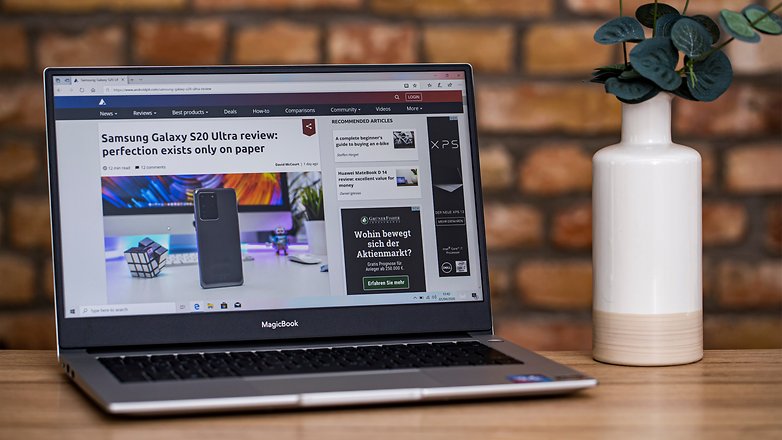
Sure, some features of the display can be useful if you work with colors or HDR-related content. But how many iPad Pro owners actually do that with their shiny new tablet? I'd wager that this is not why people pick up the iPad Pro in the first place.
Apple is a mainstream company, and so are 90% of their consumers. And what do these guys usually do on their computing devices? They do work, chill out with Netflix, listen to music, and while their lives away on never-ending Zoom sessions, etc.
In such instances, you don't need a notebook. A tablet is totally capable of providing a similar user experience but in a far more portable form factor.
Antoine continues...
I agree wholeheartedly with your argument of third-party app compatibility.
I also feel that performing a simple task such as having to drag-and-drop a file from your File Manager to an attached file in your Gmail in split-screen mode is more tedious than doing the same on a PC, since the gestures using the mouse+keyboard (if you have the Magic Keyboard) combination are simply not as intuitive as the basic PC experience.
Apple has always been about forcing the user to get used to its UI. I also hate that most of the time. I'm just saying that for the general user, there really isn't much to argue about.
Honestly, I rather use my iPad around my apartment than my PC as an everyday device, it's just more convenient. The iPad is a mobile device that fits in perfectly with the lifestyle and work needs of those who have general workflows like us.
My bottom line is:
- for pure media consumption, iPad is a definite 100% notebook replacement
- for work: the iPad Pro is a good semi-workflow alternative or even full-workflow if you have a desk job
- For other specific workflows, it is not so ideal since the UI is still a bit rigid and not as intuitive as on a PC
Round 3: Laptops are more rugged and repairable!
Ben: One more thing about the robustness of tablets. I really think that carrying a device that has a very thin layer of glass as its screen in your backpack is a bad idea. Notebook screens are protected by virtue of their clamshell design and don't depend on glass screens because touch controls are not a necessity.
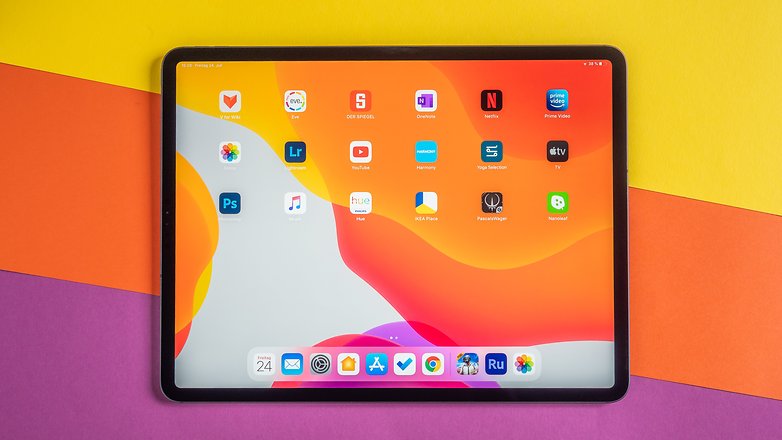
Repairability is also a big problem with tablets. I know the trend in sub-notebooks is also headed towards soldered RAM that leaves no room for future expansion, but at least you can open these notebooks with screwdrivers. I have swapped out the fan and battery in my 4-year old Xiaomi Mi Book 13, and it ran perfectly after that. This is simply something that tablets cannot offer by design.
Antoine: ...
Ben: Last but not least: Compatibility with other devices like the mouse, printer, and other peripherals is also a potential headache. The iPad Pro features a single USB-C port, so if I want to hook up my work device to an external monitor or something else, I’ll run into a wall. My notebook, on the other hand, has a full HDMI port, a couple of USB-A ports, and even a memory card reader.
So if I want to connect a tablet to my external display and mouse at the same time, I'm right in trouble!
Antoine: ...
Ben: Antoine? Hello? Hellooooooo....
Well, I guess Antoine was more impressed with Ben's annoying responses than with his arguments! You wouldn't believe how common that is in our corporate Slack chats! But now, it's your turn! The big question at the end is of course: Are tablets a viable alternative to notebooks in your opinion?
Maybe the world isn't black and white after all and you have arguments that speak up for both sides. Do let us know in the comments and discuss whether you would get the new iPad as a notebook replacement. We are curious which points Ben and Antoine have missed out on in their Slack fight!







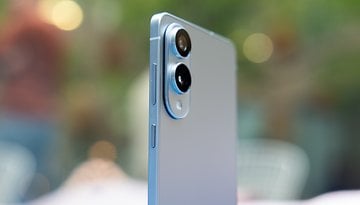
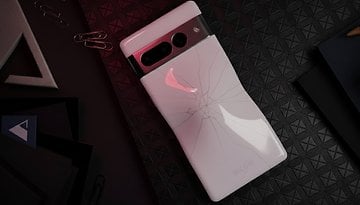
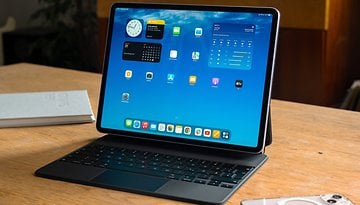

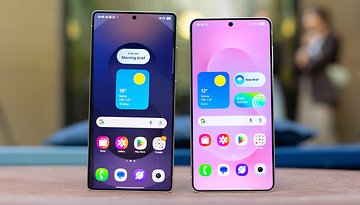
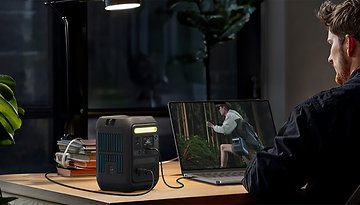
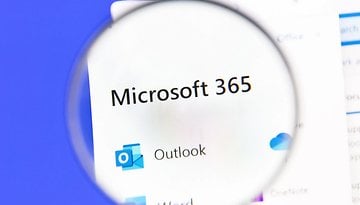

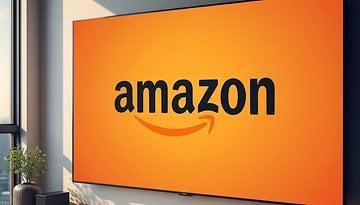
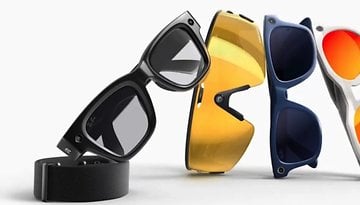
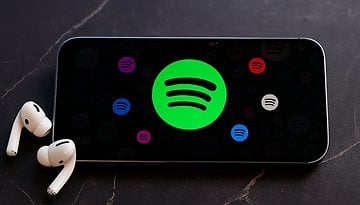


I think tablets are powerful enough to replace notebook computers, if they have the productivity add ons like a keyboard.
The infrastructural software isn't really there though. The software suite integration, the specialized business software and such.
And too many of these systems require a lockdown such that they won't run on my rooted devices.